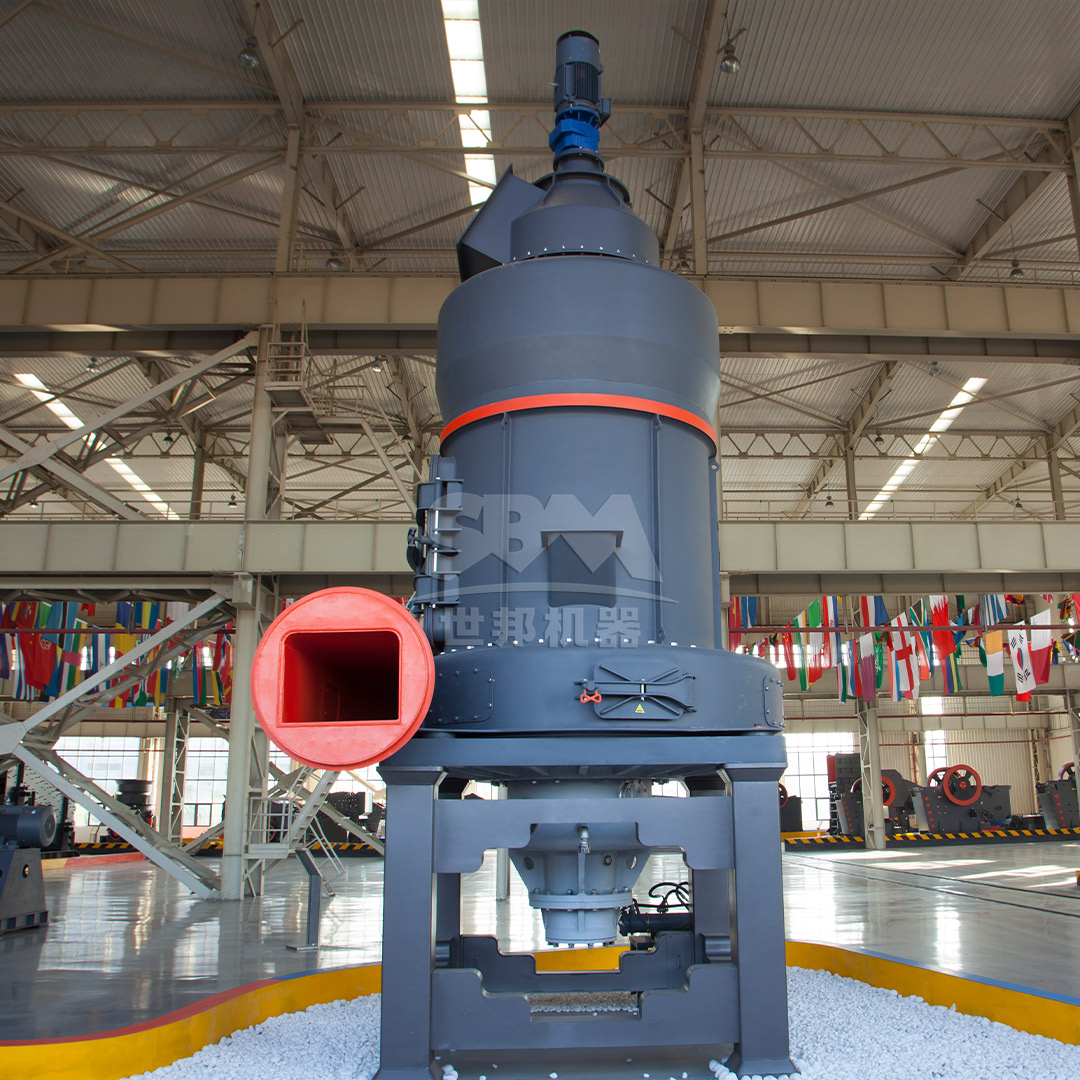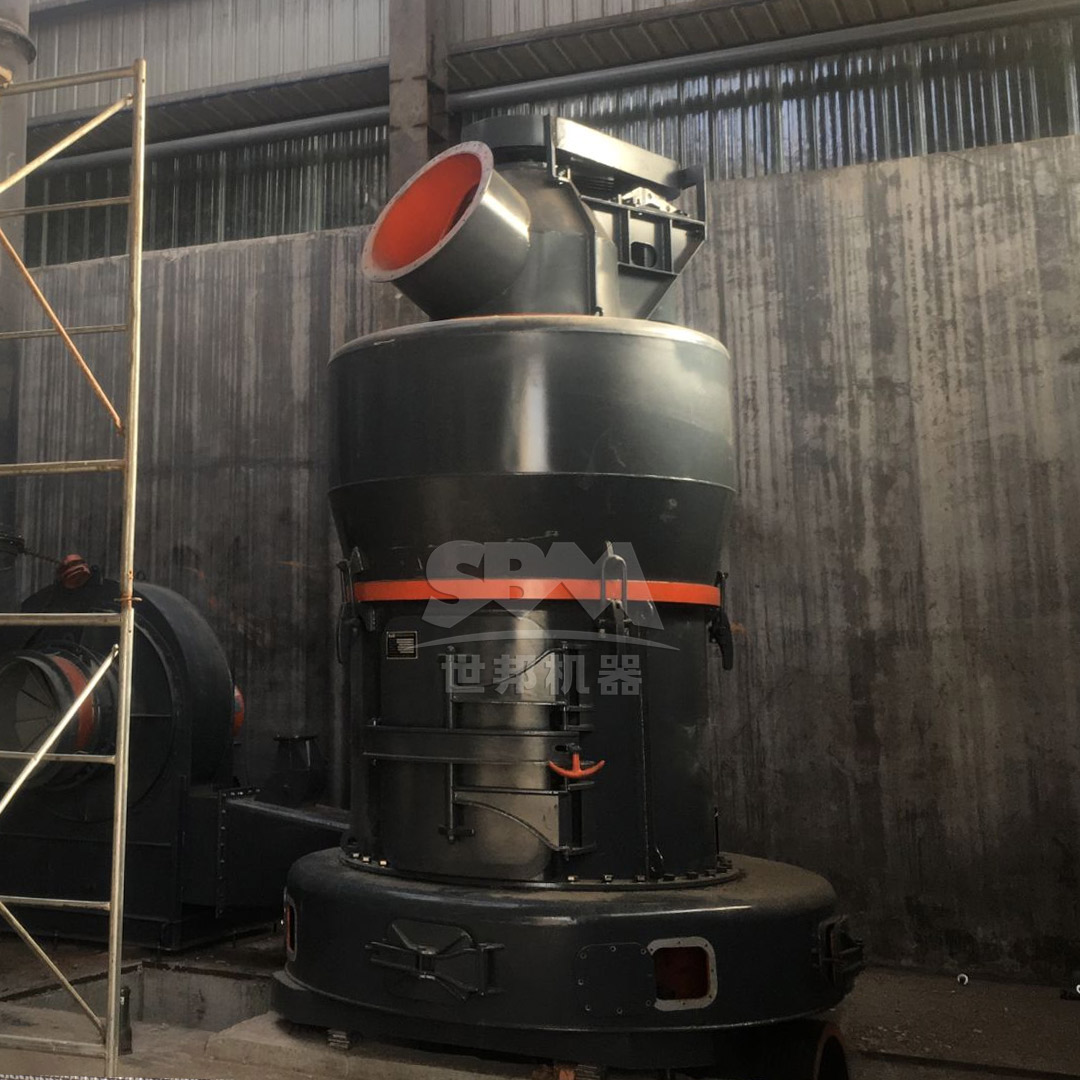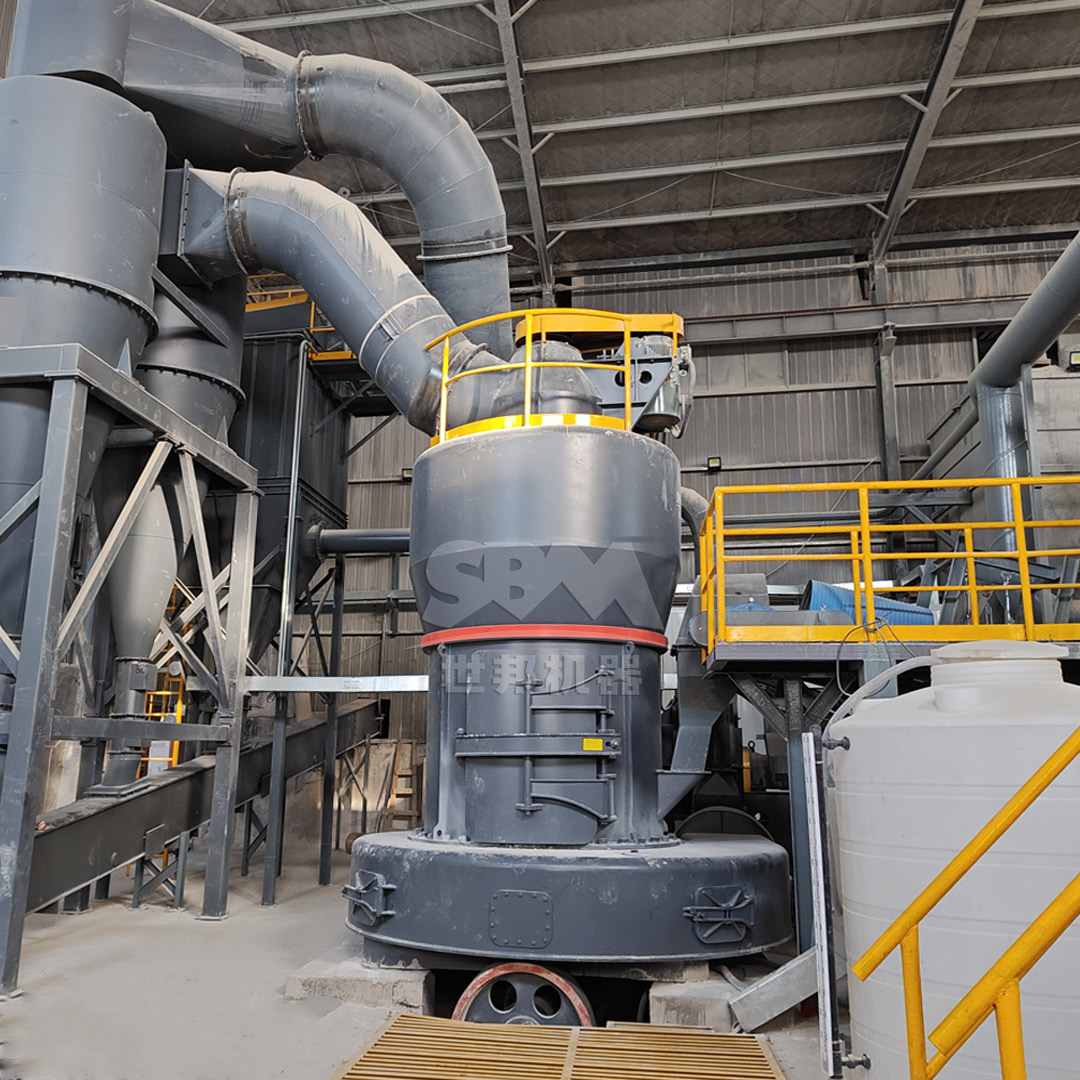The production of high-purity fiber optic glass demands exceptionally stringent material specifications, with quartz powder being the fundamental raw material. The quality of this powder directly determines the optical transmission efficiency, signal loss, and overall performance of the final optical fibers. Achieving the required chemical purity and precise particle size distribution is impossible without advanced grinding technology. This article explores the technical requirements for quartz powder in fiber optic applications and examines how modern grinding mills, particularly ultrafine models, meet these challenges.

Fiber optic grade quartz powder must adhere to extreme standards far beyond those of conventional industrial minerals. The primary requirements include:
Any deviation from these specifications can introduce light-scattering centers, absorption sites, or structural weaknesses into the drawn fiber, compromising its data transmission capabilities.
Grinding high-purity quartz to the sub-10-micron level presents a dual challenge: achieving the target fineness while preventing contamination from the grinding media and mill components. Traditional ball mills, while capable of fine grinding, often introduce significant metallic wear debris from the grinding balls and liners, rendering the powder unsuitable for high-end optical applications. Furthermore, inefficient classification systems can lead to broad particle size distributions, causing processing inconsistencies.
Therefore, the ideal grinding mill for this application must feature:
For producers of fiber optic quartz powder, the SCM Series Ultrafine Mill represents an optimal technological solution. Its design philosophy and technical features are specifically aligned with the demands of high-purity, fine powder production.

The SCM Mill’s core parameters make it exceptionally suitable for this task:
| Parameter | Specification | Benefit for Quartz Grinding |
|---|---|---|
| Input Size | ≤20mm | Accepts pre-crushed quartz directly |
| Output Fineness | 325-2500 mesh (D97 ≤5μm) | Precisely meets fiber optic powder requirements |
| Capacity | 0.5 – 25 ton/h (model dependent) | Scalable for various production volumes |
The technical advantages of the SCM Ultrafine Mill are particularly relevant:
The working principle involves a main motor driving multiple layers of grinding rings. Quartz feedstock is centrifugally dispersed into the grinding raceway, where it is pulverized by roller pressure in a multi-stage process. The final powder is efficiently collected by a cyclone collector and pulse dust removal system.
For applications requiring slightly coarser quartz powder or for the initial size reduction stages, the MTW Series Trapezium Mill is a robust and efficient choice. It is engineered for high capacity and reliability with features that benefit mineral processing.
| Model Example | MTW138Z | MTW175G |
|---|---|---|
| Processing Capacity | 6-17 ton/h | 9.5-25 ton/h |
| Main Motor Power | 90 kW | 160 kW |
| Output Fineness | 30-325 mesh | 30-325 mesh |
Key advantages include its wear-resistant shovel design, optimized curved air channel for reduced energy loss, and high-efficiency bevel gear transmission. Its working principle involves grinding rollers revolving around a central axis while rotating themselves, creating a rolling and crushing effect on the material bed formed between the rollers and the grinding ring.
Selecting the right mill involves a careful analysis of production goals. For dedicated, high-volume production of ultrafine fiber optic powder, the SCM series is the definitive choice. Its ability to consistently produce 5-micron powder with low contamination is unmatched. For integrated plants that may process a range of materials, the versatility of the MTW series might be advantageous.
Operational best practices are vital for maintaining product quality:

The relentless pursuit of higher bandwidth and lower signal loss in global communications infrastructure hinges on the quality of fiber optic glass. This quality is fundamentally rooted in the purity and physical characteristics of the quartz powder from which it is made. Advanced grinding mills are not merely auxiliary equipment but are essential, core technologies enabling this industry. The SCM Ultrafine Mill, with its precision grinding and classification capabilities, stands out as a critical tool for manufacturers aiming to compete in the high-stakes market of high-purity optical materials. By investing in the right grinding technology, producers can ensure consistent product quality, optimize production efficiency, and contribute to the advancement of global telecommunications.